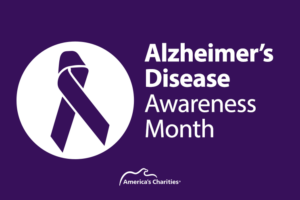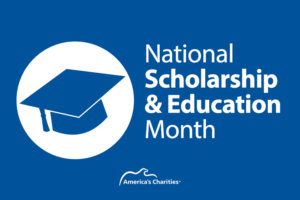Sarah Ford | May 28, 2014
Outcomes Are Complex, But Speak to Nonprofit Value
By Jason Saul
In my 20-plus years working in the nonprofit world, one of the most common mistakes I’ve seen nonprofits make is measuring activities instead of outcomes. I understand why: Measuring activities is easier, and nonprofits have limited time to dedicate to measurement. But measuring activities isn’t going to help nonprofits demonstrate their value and secure more funds.
When groups measure program efforts—teaching, training, negotiating, feeding, researching, and so on—they’re measuring activities. Outcomes, on the other hand, are the results of those activities: changed awareness, behavior, condition, or status. There are outcomes that pertain to individuals (like increased graduation rates or improved literacy), organizational outcomes (like more revenue or a better reputation), and systemic outcomes (like changed policies or greater investment).
To illustrate the difference between outcomes and activities, I think of a story from advisory work I did with a community foundation that was trying to measure the impact of its grants. At one of our weekly grant-review meetings, a program officer suggested that her latest grant was pretty straightforward and didn’t require much discussion: The grantee had requested $25,000 to purchase a new van. The program officer insisted that “the grantee either bought the van or didn’t. It isn’t hard to measure.”
I pressed, wanting to know why the van was purchased. To deliver stereo equipment? To move stolen goods? To sell ice cream? Turns out, the program officer requested the van to transport elderly citizens from rural communities to hospitals to receive preventative care. The real outcome of the grant wasn’t buying the van but providing the elderly with increased access to health care.
When we start by identifying the outcome, we can consider the most efficient ways to achieve that outcome. In the case of increasing health-care access for the elderly, options like train passes, bus fares, or even setting up local clinics are valid alternatives to consider.
Get Resources and Insights Straight To Your Inbox
Explore More Articles
Open Position: Customer Service Coordinator (Remote-Part Time)
Position Title: Customer Service Coordinator (Remote – Part Time) Department: Charitable Funds Management Solutions We are a non-profit charitable organization looking for skilled individuals who…
Read ArticleGet Resources and Insights Straight To Your Inbox
Receive our monthly/bi-monthly newsletter filled with information about causes, nonprofit impact, and topics important for corporate social responsibility and employee engagement professionals, including disaster response, workplace giving, matching gifts, employee assistance funds, volunteering, scholarship award program management, grantmaking, and other philanthropic initiatives.




